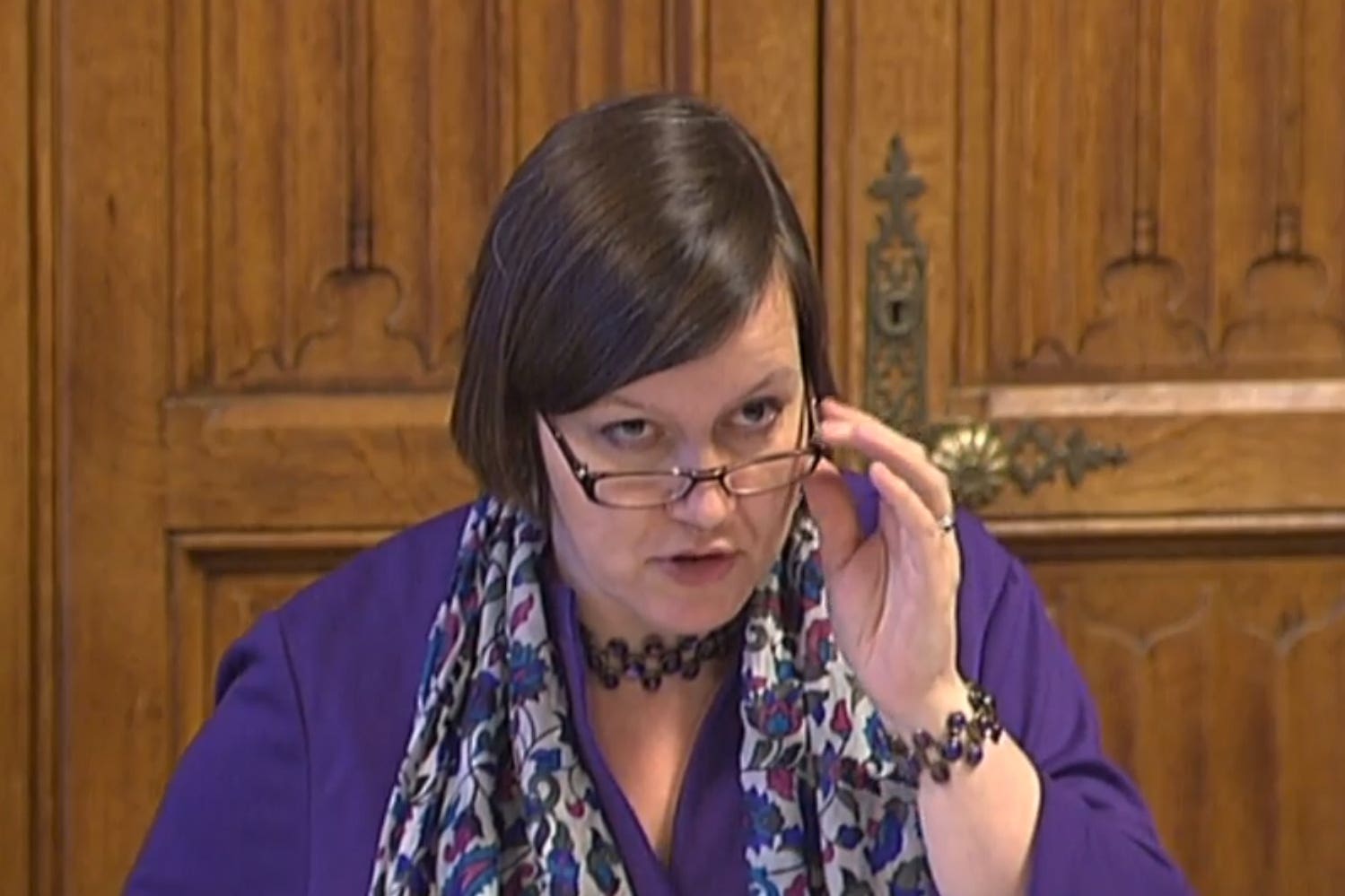Drug deaths in England rise by 80% in 10 years as local services cut back to the bone, MPs warn
MPs highlighted statistics showing a sharp rise in young people using drugs, with calls for funding guarantees to allow councils to tackle the rising issue of drug-related deaths
MPs have issued a stark warning about the impact of cuts to local authorities as drug-related deaths claim nearly 3,000 lives across England every year.
The Public Accounts Committee has called for guaranteed funding so that councils can ensure they have the resources necessary to tackle the scourge of illegal drug-related deaths, which have risen by 80 per cent between 2011 and 2021.
Drug use among young people remains high, with 19 per cent of 16-24 year olds reporting having taken drugs in 2022. Despite this, there has been a sharp decrease in the number of young people receiving treatment – falling 50 per cent between 2010-11 and 2021-22.
The committee, made up of cross-party MPs and chaired by Meg Hillier, says annual spending on drug and alcohol treatment services has fallen by 40 per cent in real terms between 2014-15 and 2021-22.
Funding allocated back in 2021 by the government to tackle drug use has only been committed until 2024-25, creating a level of uncertainty that has made it difficult for local authorities to recruit staff and rebuild the workforce.

The alarming report comes just days after ministers were warned by a separate parliamentary committee that English councils need £4bn to prevent widespread bankruptcy, as eight English councils have declared themselves bankrupt since 2018, including four in the past 12 months alone.
Councils are responsible for a wide range of services in the local area, including social care, schools, housing, planning, children’s services, community safety, and drug and alcohol services, among others.
However, many local councils are now in dire straits, as 90 per cent of local authorities have reduced financial reserves and 26 councils alone are at risk of bankruptcy over the next two years.
Now the PAC has warned that drugs and alcohol prevention services are also being impacted by the dwindling reserve as the the harm caused by illegal drugs grows.
Ms Hillier said: “Our committee is having to remind government that local authorities need long-term certainty to carry out what is some of the most challenging treatment there is to provide.
“Some progress has been made, in particular in recruiting 1,200 new alcohol and drug workers and bearing down on county lines drugs supply.
“But deaths continue to rise, drug use showed no reduction in the last 10 years, and the harm caused by illegal drugs is growing.”
The government launched its 10-year drug strategy back in 2021 in response to an independent review of drugs led by Dame Carol Black.
Dame Carol’s review in 2020 found that drug deaths in 2018 were the highest on record and that local government funding cuts had severely curtailed the effectiveness of treatment programs.
She also emphasised that drug use costs the UK economy £20bn a year, yet only £600m was spent on drug prevention measures.
Dame Carol concluded that “the amount of unmet need is growing”, treatment services were disappearing and the treatment workforce was declining in number and quality.
“Ultimately, we need to transform our approach to treatment, investing in it but also innovating so that treatment services are able to respond to today’s drugs market and future developments,” she said.
The government accepted the findings and released a 10-year plan – investing £780m to rebuild drug treatment and recovery services.

Commenting on the PAC report, David Fothergill, chair of the Local Government Association’s community wellbeing board said councils are committed to ensuring vulnerable people with substance misuse problems get the right support and “have a proud record of helping to transform the lives of people living with addiction”.
He added: “However, as this report recognises, these services need greater and more long-term funding certainty from the government if they are to deliver the life-changing benefits we know they can.”
Ms Hillier said it was time for the government to “dig deep” and “prove that it is serious about delivering the long-term change implicit in its own strategy”.
Robin Pollard, from addiction charity We Are With You, said the organisation welcomed the call for “sustained long-term investment” and a “focus on the specific needs of people who use drugs but are underserved by current services, such as women and young people”.
“There are no quick fixes to decades of underinvestment,” he said. Investment cannot just be for three years but must be sustained for the duration of the 10-year drugs strategy.
“Failure to commit sustainable long-term funding after 2025 will lead to many of the improvements that we are currently seeing being lost.”
The Home Office said: “These claims are based on outdated data that pre-dates the Government’s Drugs Strategy and fails to acknowledge the significant commitments that were made and the progress delivering on them.
“Our Drugs Strategy published in April 2022 is backed with a record £3 billion funding over three years to tackle the supply of illicit drugs through relentless policing action and building a world-class system of treatment and recovery to turn people’s lives around.
“Since then we have increased the number of people in drug and alcohol treatment by over 17,000 and recruited 1,255 drug and alcohol workers.”
Join our commenting forum
Join thought-provoking conversations, follow other Independent readers and see their replies
Comments
Bookmark popover
Removed from bookmarks